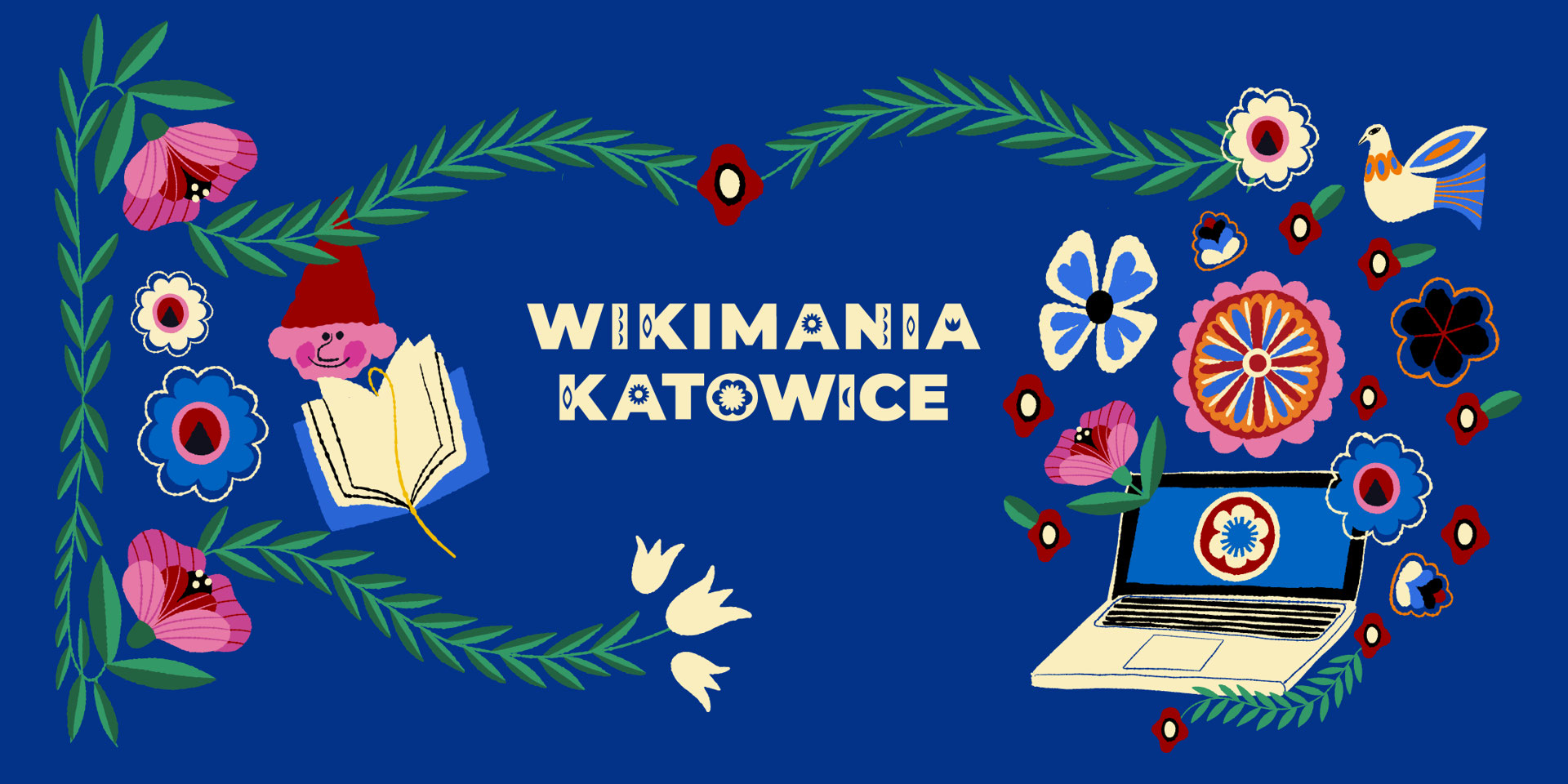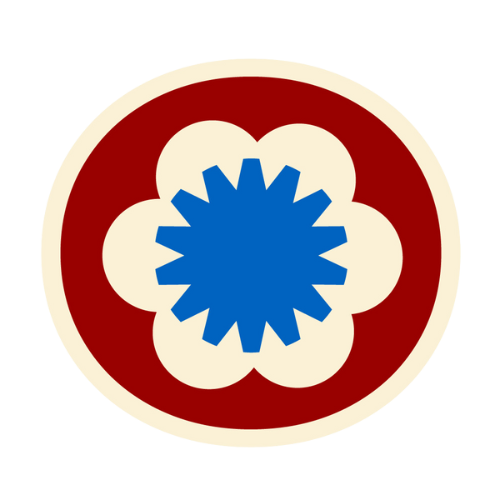2024-08-08 –, Lviv (21+22+23) (interpretation)
Language: English
Cultural and natural heritage across the world is in danger – due to factors such as war, climate change, theft or simply decay, and a lack of resources. What is the role of the Wikimedia movement in safeguarding our heritage digitally?
The Heritage Guard Network will briefly present its preliminary findings from a project aiming to study exactly this and invite the audience for a conversation on how to make use of the findings and build new opportunities ahead.
The panel will commence with a concise overview of the Heritage Guard Network and our ongoing pilot project. We will delve into our initial insights regarding the legal and technical challenges hindering effective digitization, the potential risks associated with crowdsourcing endangered heritage, and strategies for engaging fellow Wikimedians and external collaborators in this endeavor. The presentation will build upon the insights gathered when developing four thematic reports that will be developed as part of the current pilot project. The reports will outline different aspects how crowdsourcing can be used to digitize cultural and natural heritage under threat in a responsible and effective way.
Partners involved in the project will share their insights, discussing how the Wikimedia movement and the systematic approach pioneered by the Network align with their respective domains. We will also share the plans for how to continue and scale the work as part of larger implementation projects – and what opportunities there are to join.
Subsequently, we will open the floor to the audience, fostering a dialogue on leveraging these insights within the Wikimedia movement.
Session recording: https://www.youtube.com/live/EYYQ-zBqY8s?si=LFSHgPxKi3PzUnT6&t=14837
- How does your session relate to the event themes: Collaboration of the Open?*:
-
The session will have a strong focus on collaboration. Collaboration is at the core of the HGN project, fostering stronger collaboration between the involved Wikimedia affiliates and building networks with volunteers in the movement as well as external partners. These new relationships will be important for furthering our work as a movement, together with friends, which in turn will make more common heritage open but especially explore the role of the open in safeguarding the cultural and natural heritage.
- What is the experience level needed for the audience for your session?*:
-
Everyone can participate in this session
- How do you plan to deliver this session?*:
-
Onsite in Katowice
- What other themes or topics does your session fit into? Please choose from the list of tags below.
-
Collaboration, Affiliates, Capacity building, Grants
I am Project Manager for Involvement and Advocacy at Wikimedia Sverige. In that capacity, I have recently worked primarily with international partnerships, such as with the UN agencies, and advocacy for the open movement at the national, European and international level. I have an M.A. in Comparative Literature, and live in Stockholm.
- Open Knowledge for Public Good: UN–Wikimedia collaboration for open access (day-long event)
- Learn and discuss with members of the Wikimedians in Residence Exchange Network
- The Helpdesk at the Content Partnerships Hub – Wikimedians providing hands-on support to each other
- Crowdsourcing Wikimedia positions on AI and the impact on the platforms
- Building alliances for pro-open legislative reform
- Strengthening Wikimedia Collaborations with and for Open Science
My name is Olesia, coming from Ukraine. I’m a part of Wikimedia Ukraine in the role of project manager for the International photo contest Wiki Loves Earth since July 2022 and the Heritage Guard Network project (Ukrainian working group) manager since January 2024.
ED of Wikimedia Georgia

